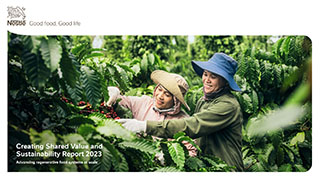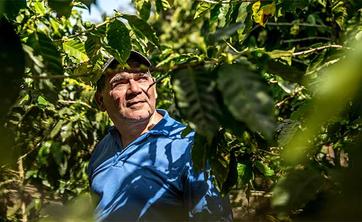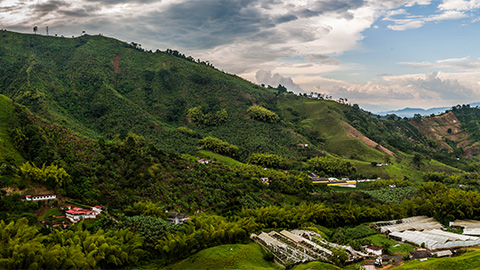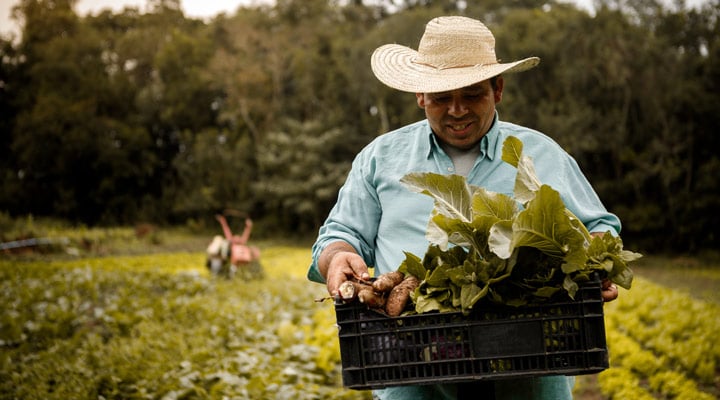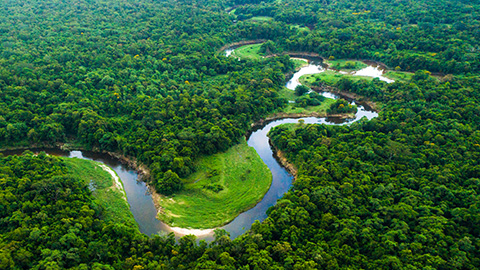Fostering a culture of business ethics

For Nestlé to be successful over time, we must continue to earn and retain the trust of our employees, consumers, customers, suppliers, shareholders and wider society.
This depends on us upholding our commitments to honesty, integrity and respect that are enshrined in our purpose and values (pdf, 800Kb) and our Corporate Business Principles (pdf, 4Mb). This includes adhering to our Code of Business Conduct, as well as complying with applicable laws and regulations where we operate.
In addition, we are members of the UN Global Compact (UNGC). As a participant, we disclose our progress on the implementation of its 10 Principles in the areas of human rights, labor, environment and anti-corruption and our activities in support of the Sustainable Development Goals.
Upholding Nestlé values
Our strategic approach to business ethics compliance
Integrity and fairness are part of everything that we do, enabled by robust governance, monitoring and risk management.
We focus on four strategic areas, while constantly looking for opportunities to improve and automate our systems and processes.
-
1. Compliance governance and culture Our strong culture of business ethics is led and driven by senior management. We are determined to ensure that our policies, standards and procedures enable Nestlé to conduct business in an ethical, principles-based and sustainable manner.
Supported by a robust governance system and processes, we believe we can fulfill our business requirements, meet expectations around societal evolution and reinforce a culture where everyone feels confident to Speak Up if they encounter something that concerns them.
-
2. Communication and training: dissemination of processes and tools We run an annual communication campaign to share ethics and compliance guidance and information about our compliance culture, principles and values. We have mandatory trainings to reinforce our Corporate Business Principles and also cover other topics related to Compliance, Human Rights, Security, Sexual Harassment, DE&I and more. We offer learnings as well to vital topics such as anti-bribery and corruption, anti-money laundering and antitrust.
We are continually developing training materials and improving our tools to support and monitor this process.
-
3. Monitoring and reporting Our global CARE Audit Program is our internal compliance audit process. It aims to verify that all our employees and sites operated by Nestlé comply with local legislation, our Corporate Business Principles and our Code of Business Conduct.
External auditors assess compliance with our Corporate Business Principles against seven pillars, including human rights.
In addition, we have a Human Rights Framework and Roadmap. This provides a comprehensive framework to continue developing our approach to advance human rights across our value chain, which includes our employees and on-site contractors, farmers and workers in our supply chains, communities living around our operations and supply chains, and our consumers.
-
4. Closing gaps We carry out continuous risk assessments to define the priorities and focus areas of our Compliance Program. We ensure that ethical discussions, consequence management and action plans are duly executed.
The right to Speak Up
We provide Nestlé employees and all other external stakeholders with a dedicated communication channel, Speak Up, for reporting any non-compliance concerns they encounter - from unfair treatment to safety issues, bribery and corruption, human rights abuses and anything else that worries them. Speak Up is independently operated by a third party to ensure anonymity when requested.
Every allegation is professionally and confidentially handled. In 2023, the channel received 2 874 messages, of which 691 were substantiated. As a consequence of the substantiated cases, 122 employees had to leave the company and 15 service providers’ contracts were terminated.
Integrity is embedded in our business practices
We conduct business in an ethical and principle-based manner, even in the absence of applicable regulatory requirements. Where our own principles and policies differ from local legislation, we apply whichever is the higher standard. Our commitment to integrity, fairness and authenticity are enshrined in our purpose and values, our Corporate Business Principles and our Code of Business Conduct.
Taking a stand with our Corporate Business Principles
The Nestlé Corporate Business Principles (English - pdf, 4Mb) are mandatory for all Nestlé employees and are integrated into our business planning, operations, performance reviews and audit processes.
A strong Code of Business Conduct
The Nestlé Code of Business Conduct specifies certain non-negotiable minimum standards in key areas of employee behavior.
These areas include integrity, compliance with laws, conflicts of interests, antitrust and fair dealing, bribery, corruption (UNGC Principle 10), discrimination and harassment, and accurate reporting and accounting.



